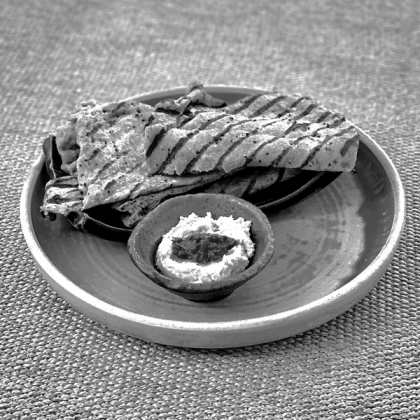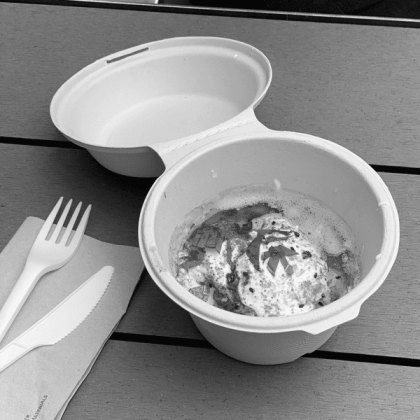When we talk about Gerry Galvin, whose funeral service was held yesterday at Oughterard, we rightly focus on the ways in which he was so different from the norm.
He was a chef, yes, but he was also a published poet, and the author of a whacky gastronomic thriller. He was a restaurateur, but he was also a formidable intellectual, and his book, The Drimcong Food Affair, remains one of the most bracingly original, and serenely wise, books ever written by a working chef.
But I want to propose something else about Mr Galvin, and it relates to a single dish and a single night almost 25 years ago.
At the first ever dinner for the Irish branch of Eurotoques, held in the grand surrounds of Trinity College in 1989, Gerry cooked a dish of Clonakilty black pudding with oysters and an onion and apple sauce. And it was that pairing, of the quotidian pudding with the princely oyster, that revealed Galvin's genius.
In effect, he was saying to us, great culinary art can be seen and shown in the simplest thing, so long as you have the artistry – and the courage – to create it and to present it, and to be proud of it.
It was a stunning dish, and Mr Galvin was inordinately proud of it: when I recall him on that night, he seems in retrospect to have been floating above the ground, he was so in the moment, so in the flames of creativity.
He wowed! us with the dish, and he knew that it would wow! us.
He knew what he had done, and he knew how utterly iconoclastic it was. The Eurotoques Trinity dinner wasn't just a great culinary event: it was a great artistic event. It was a quintessential moment of Irish modernism, a crossing of boundaries, such as Joyce had achieved, and Jack Yeats, and Sam Beckett. Gerard Galvin had made the world in his own artistic image.
He owned the night, and nothing was the same thereafter. Everything thereafter was better.







